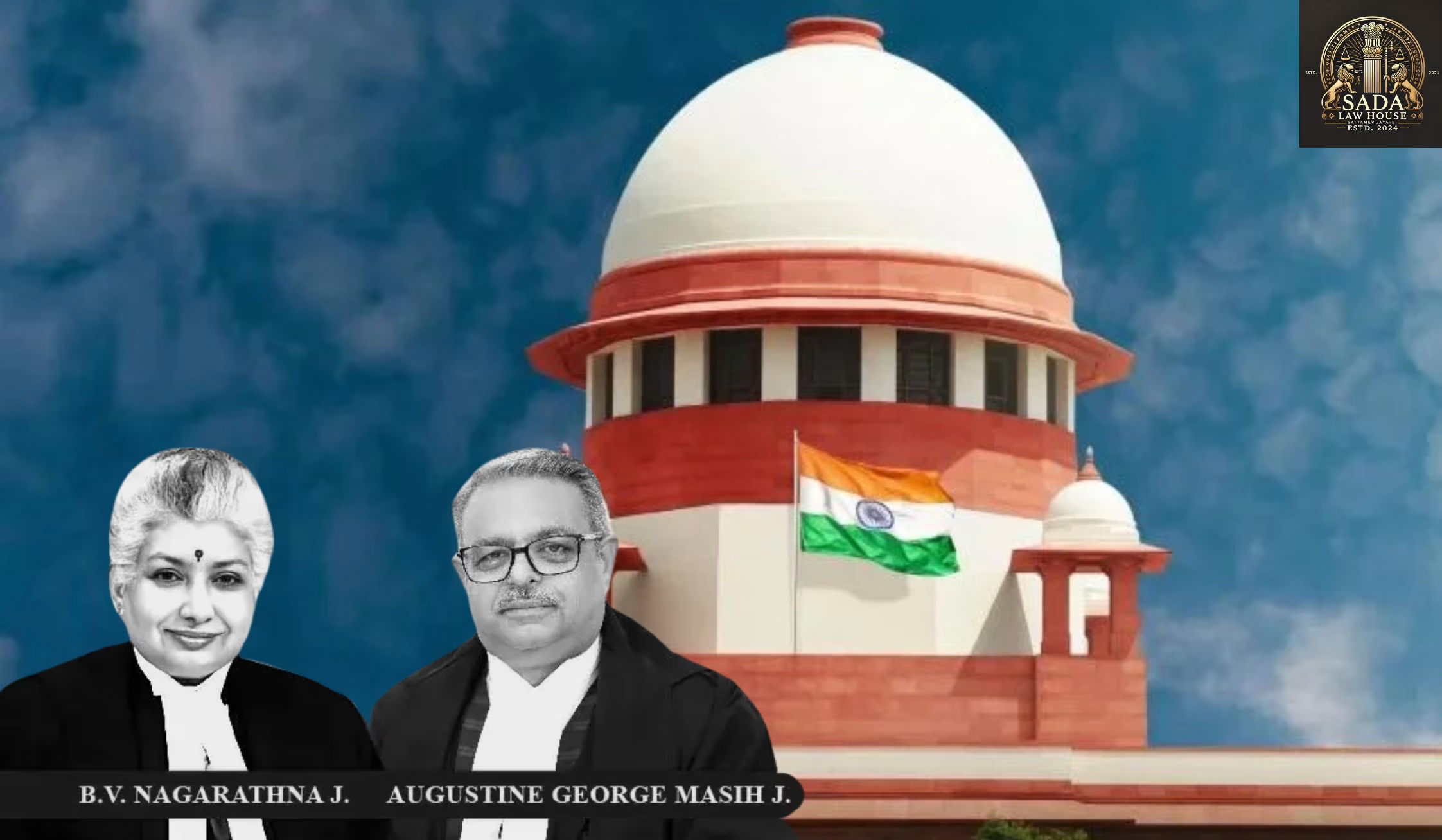Supreme Court: Divorced Muslim Women Entitled to Maintenance Under Section 125 CrPC Alongside 1986 Act
- REHA BHARGAV
- 02 June 2025

The Supreme Court of India ruled in Mohd Abdul Samad v. State of Telangana (2024) that divorced Muslim women are entitled to maintenance under Section 125 of the Criminal Procedure Code, 1973, in addition to remedies under the Muslim Women (Protection of Rights on Divorce) Act, 1986. This landmark judgment strengthens gender justice and financial rights for divorced Muslim women.
Introduction
The landmark Supreme Court judgment in Mohd Abdul Samad v. The State of Telangana & Anr (2024) reaffirms that divorced Muslim women can claim maintenance under Section 125 of the Criminal Procedure Code (CrPC), 1973, alongside protections offered by the Muslim Women (Protection of Rights on Divorce) Act, 1986. Delivered on July 10, 2024, this ruling upholds secular, gender-neutral rights and strengthens financial security for divorced Muslim women.
Case Background
The case arose from a matrimonial dispute where Mohd Abdul Samad divorced his wife through talaq in 2017. The divorced wife sought maintenance under Section 125 CrPC, after the Family Court directed the husband to pay monthly maintenance. The husband challenged the order, arguing that the Muslim Women (Protection of Rights on Divorce) Act, 1986 was the exclusive remedy for maintenance claims post-divorce.
Legal Issue
Key Question:
Can a divorced Muslim woman claim maintenance under Section 125 CrPC, despite the existence of the Muslim Women (Protection of Rights on Divorce) Act, 1986?
Arguments Presented
Petitioner’s (Husband’s) Argument
The husband argued that once divorce was granted under Muslim personal law, the wife’s right to maintenance was limited strictly to the iddat period under the 1986 Act, excluding Section 125 CrPC claims.
Respondent’s (Wife’s) Argument
The wife contended that Section 125 CrPC is a secular and gender-neutral provision designed to prevent destitution and is applicable irrespective of religion or personal laws. She argued that the 1986 Act provides additional remedies but does not bar claims under Section 125 CrPC.
Supreme Court Judgment
The Supreme Court, led by Justices B.V. Nagarathna and Augustine George Masih (official SC website), unanimously upheld the applicability of Section 125 CrPC to divorced Muslim women. The Court clarified:
Section 125 CrPC is a social welfare provision preventing vagrancy and destitution.
The Muslim Women (Protection of Rights on Divorce) Act, 1986 does not override or exclude maintenance claims under Section 125 CrPC.
Both laws coexist, enabling divorced Muslim women to seek maintenance under either or both remedies.
Maintenance under Section 125 CrPC is a legal obligation, not charity, affirming gender justice and financial empowerment for divorced women.
The Supreme Court dismissed the husband’s appeal and upheld the maintenance order directing monthly payments to the divorced wife.
Conclusion
The Supreme Court’s decision in Mohd Abdul Samad v. The State of Telangana & Anr is a significant milestone for divorced Muslim women’s rights in India. By affirming that Section 125 CrPC applies alongside the Muslim Women (Protection of Rights on Divorce) Act, 1986, the ruling ensures stronger financial protection and gender equality. This judgment marks a progressive step toward upholding secular legal safeguards while respecting personal laws.
Case Laws






